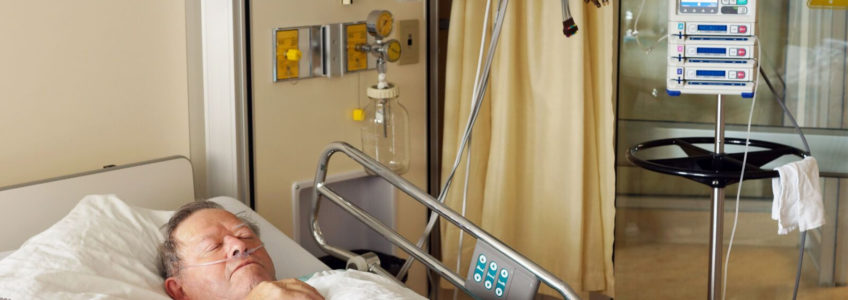
Medicare patients are getting surprise bills after hospital stays. The problem is “observation status.”
Hospitals have the discretion to treat hospitalized Medicare patients as outpatients by putting them on observation status instead of admitting them. Also, a doctor can send a patient to the hospital, fully intending that the patient be admitted, and the hospital can decide to observe the patient instead.
Who can be put on observation?
The only criterion for putting a patient on observation is this: Somebody in the hospital thinks the patient won’t be there for more than one midnight. Observation may have been invented to prevent patients who are not really sick from seeking hospitalization. And it may have had that effect.
Unfortunately, many patients who are very, very sick also get put on observation, sometimes for purely financial reasons benefitting the hospital.
Patients with temperatures of 103 have been put on observation. Patients with hip and pelvic fractures have been put on observation. Patients with heart failure have been put on observation.
Disadvantages to the patient
Patients on observation get roughly the same care as inpatients. The problem comes when the patient gets her bill. Then she learns that Medicare A will not pay for observation. If she has Medicare B, it will pay only eighty percent of her time in the hospital spent under observation.
And Medicare has no maximum out of pocket. That leaves the patient responsible for twenty percent of her hospital stay or a big chunk of it.
It gets much worse if the patient is in bad enough shape to need nursing home care. Medicare pays for nursing homes post hospitalization, but only if the patient was admitted for three days. If the patient was on observation for a day, then admitted for two days, she gets billed for the full amount of her nursing home care.
What can you do?
A 2016 law says that patients can appeal to Medicare for un-reimbursed costs incurred as a direct result of being under observation. But appeals require time and paperwork.
It is much better if you can get your senior’s status changed to inpatient while still in the hospital. These are the things you can do if your senior is on observation:
Ask the patient’s attending hospital doctor to change her status to inpatient.
Ask the patient’s primary doctor to call the hospital and demand that she be treated as an inpatient.
Bring the patient’s medications from home or she will be charged for medications administered while on observation. Patients have the right to refuse any medications administered by the hospital.
If your senior is about to be discharged, and she will be responsible for the cost of nursing care, appeal the discharge until the patient has been admitted for a full three days.
Bring attention to the problem of observation by helping your senior report his experience. Medicare patients under observation can report their status and what kind of treatment they are receiving here: https://medicareadvocacy.org/submit-your-observation-status-story/
If your senior will not be eligible for Medicare-financed skilled nursing home care because of observation status, consider whether professional elder care that provides care for the patient at home is right for you. Elder care professionals provide a wide range of services, from bathing to cooking, cleaning, feeding, and transportation. These services may be less costly than a nursing home.
In conclusion, the observation loophole is an ongoing problem for seniors and their caregivers. Be aware that hospitals can put people on observation while acting like they are inpatients. Take action to protect your senior from getting a huge surprise bill. And compare the costs of at-home elder care to nursing home care for short-term debilitation.

